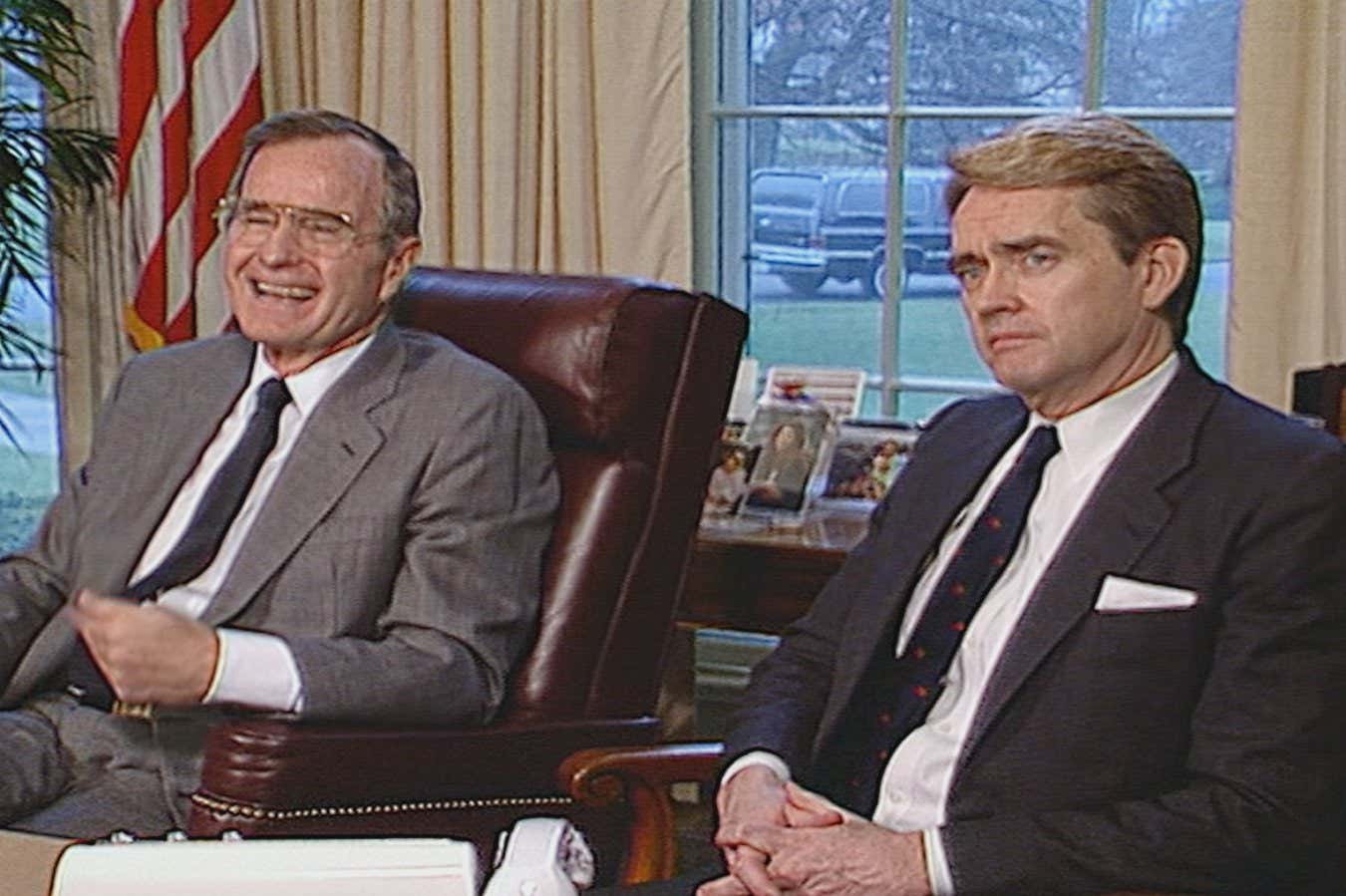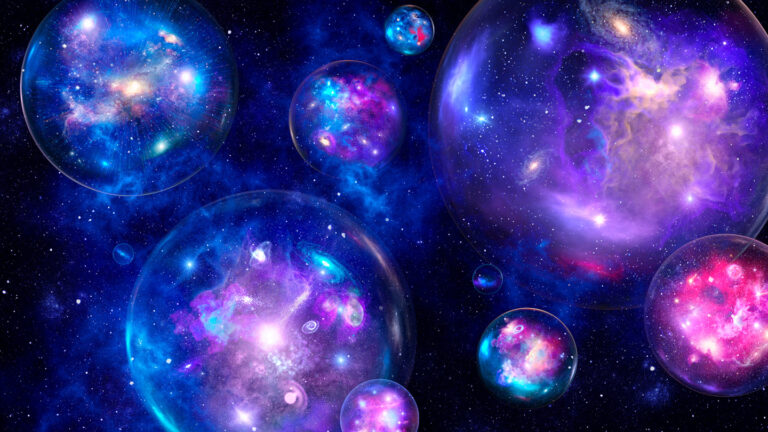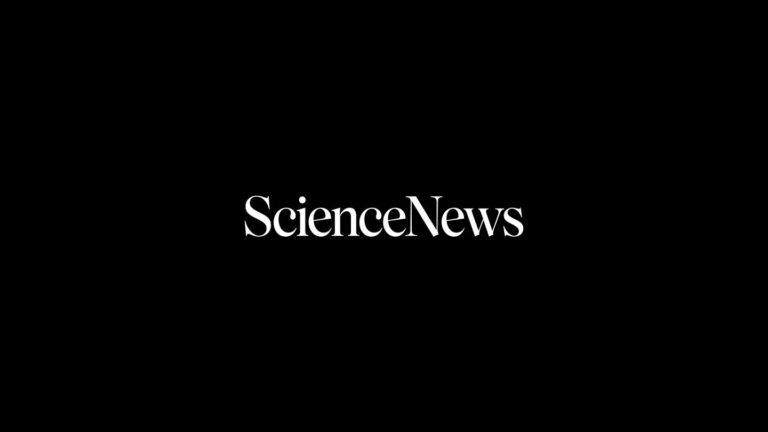

President George H. W. Bush, left, with his pro-green advisor Bill Reilly
Netflix
The White House Effect
Directed by Bonni Cohen, Pedro Kos and Jon Shenk, streaming on Netflix from 31 October
The opening sequence of The White House Effect, a harrowing new climate documentary, transports you to the great drought of 1988. Picture the scene: a sweltering summer across North America brings the worst drought to the US since the Dust Bowl of the 1930s. There is no respite. The heat is inescapable.
These extreme conditions set the agenda for that year’s presidential race between Democrat Michael Dukakis and Republican George H. W. Bush. The latter would win in a landslide with a platform promising greater environmental protections.
“Some say these problems are too big,” Bush said on the campaign trail in Michigan, in reference to climate change. “My response is simple: it can be done and we must do it. These problems know no ideology, no political boundaries.” Such a statement from a leading Republican politician seems beyond unthinkable today.
Not only is the US of 1988 a place where green interventions are a vote-winner, it is one where the relationship between fossil fuels and rising temperatures is reported relatively stoically, albeit with plenty of scepticism.
Told largely through archival footage, The White House Effect is an ersatz glimpse at a better future that never materialised. It is the story of how millions of people were poised to accept that tackling climate change is a bipartisan concern – and how they were encouraged to abandon that view.
The key battle at the heart of the film is between two of Bush’s advisors. In the blue corner, we have Bill Reilly, a former president of the World Wildlife Fund, who became the head of the US Environmental Protection Agency in 1989. In the red corner, we have John H. Sununu, Bush’s chief of staff and an inveterate climate sceptic. The twin forces guiding the Bush administration’s environmental policies would duke it out for years, with catastrophic results for our planet.
“
In reference to climate change, George H. W. Bush said the problem knows no political boundaries
“
Looking at the world around us, it should be no surprise which side won out, of course. But the compelling thing about The White House Effect isn’t its foregone conclusion; it’s the specifics of this slow march towards doom. The documentary’s archival footage is always riveting, particularly in combination with its frequent jaunts backwards and forwards in time, which help underline the film’s argument. It keeps the viewer on their toes, lest the sheer bleakness of what they are seeing dull their acuity.
We visit the 1979 energy crisis, for example, in which millions waited for hours to refuel their cars amid a drop in oil production, while oil giant Exxon’s third-quarter profits soared by 119 per cent. One motorist waiting at a gas station remarks that everyone really ought to head home and wait out the shortage. Asked why he isn’t turning back, he replies: “I’m not doing it because nobody else is.”
There are many climate scientists featured in the documentary, but none so prominently as Stephen Schneider, who was among the first to stick his head above the parapet and try to force action on climate change. He serves as an emotional throughline for the film, from his first appearance, in which he testifies before a US Senate committee in 1988, to his last, filmed shortly before his death in 2010.
“If I go all the way back to when I really started pushing this issue, most of my immediate objectives have failed. But here we are. We have haltingly made progress,” he says. “People have learned the problem [of global warming] so well now that we’re on the edge of actually implementing cultural change, but that moves at [a] generational timeframe.”
It is heartbreaking to imagine how Schneider would view the past 15 years of squandered efforts, not to mention the direction the US is heading in under its current president.
Watching The White House Effect is a smothering experience. It will leave you embittered, particularly if you, like me, were born too late to have witnessed its events first-hand. And if the film is a polemic, it’s a necessary one, designed to shake us from apathy and stagnation by any means possible – or necessary.
Topics:



